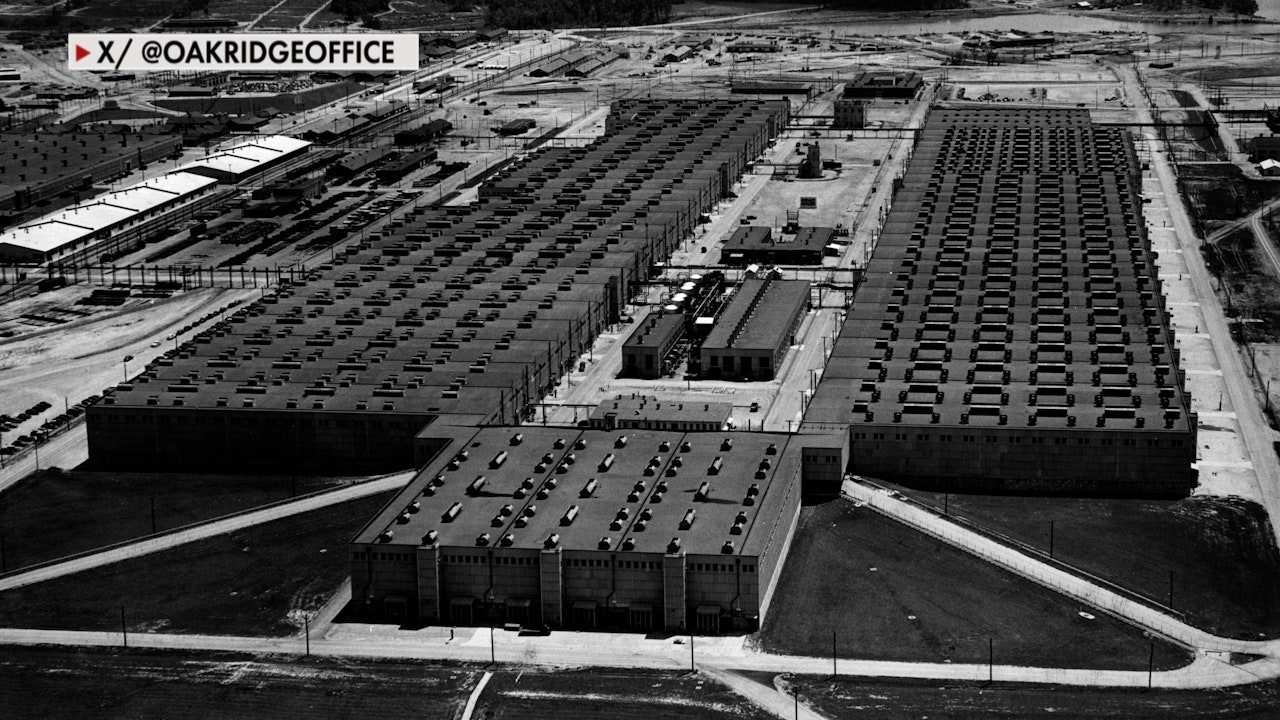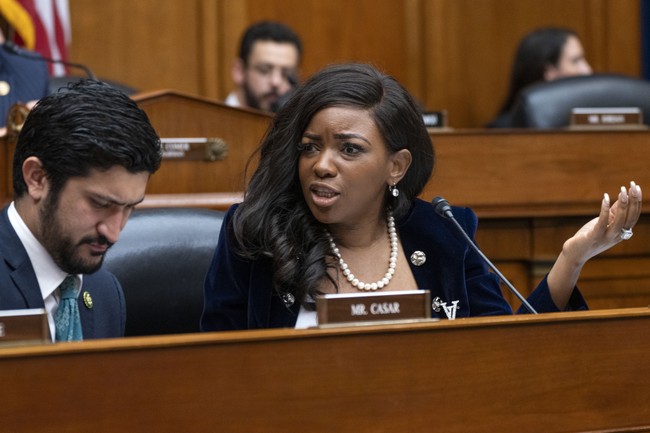A federal appeals court on Tuesday evening issued a stay on portions of President Donald Trump’s tariff program, allowing the administration to continue collecting certain tariffs while the appeals process moves forward.
The ruling temporarily blocks the implementation of a lower court decision that struck down key parts of the policy.
President Trump just posted this on Truth Social.
A federal appeals court just ruled the US can use tariffs to protect itself against other countries.
“A great and important win for the US.” pic.twitter.com/Rrg47Uw7GN
— Laura Loomer (@LauraLoomer) June 11, 2025
Trump’s Sovereign Wealth Fund: What Could It Mean For Your Money?
The U.S. Court of International Trade had previously invalidated most of the tariffs enacted under President Trump’s “Liberation Day” trade initiative, ruling that the administration had exceeded its statutory authority.
This Could Be the Most Important Video Gun Owners Watch All Year
That ruling specifically challenged the legal basis for imposing a 10% global baseline tariff, along with targeted tariffs against China and several other countries.
However, in the latest development, the appeals court granted the Trump administration’s request for a stay while the case proceeds.
The ruling does not affect Trump’s sector-specific tariffs, such as those on aluminum and steel, which remain in place.
The decision allows the continuation of the contested tariffs until the full court can hear the case and issue a final ruling.
“Both sides have made substantial arguments on the merits,” the appeals panel wrote in its decision, as reported by CNN.
“Having considered the traditional stay factors… the court concludes a stay is warranted under the circumstances.”
The appeals court also expedited the case, ordering both parties to prepare for oral arguments scheduled for July 31.
The court emphasized the significance of the matter, writing, “The court also concludes that these cases present issues of exceptional importance warranting expedited en banc consideration of the merits in the first instance.”
The “Liberation Day” tariffs were part of President Trump’s broader trade policy strategy, aimed at reducing the U.S. trade deficit, addressing what the administration described as unfair foreign trade practices, and restoring manufacturing strength in the United States.
The 10% global tariff was introduced as a baseline measure, with additional tariffs layered on nations accused of violating trade norms or harming U.S. industries through subsidies, dumping, or intellectual property theft.
The CBO’s Big Beautiful Bill analysis is dead wrong.
Trump’s proposed 10% tariff could generate $250 billion annually, totaling $2.5 trillion over a decade, offsetting tax cut losses. With additional revenue from DOGE savings and economic growth driven by tax credits, we could… pic.twitter.com/4u0HtiqwOq
— Stephen Moore (@StephenMoore) June 10, 2025
The legal challenge to the tariffs originated from a coalition of importers and trade associations who argued that the executive branch had exceeded its authority under existing trade laws.
Plaintiffs in the case claimed the tariffs disrupted international supply chains and violated provisions of the Trade Expansion Act of 1962 and the International Emergency Economic Powers Act.
The Trump administration has defended its authority to implement the tariffs under existing federal law, citing national economic security and systemic trade imbalances.
Government attorneys argued that the executive branch maintains broad discretion to take action in matters of international trade, especially in response to persistent violations by foreign governments.
Tuesday’s order now places the enforcement of the challenged tariffs on hold, pending further review.
The expedited timeline signals that the court recognizes the broader implications of the case, both for the authority of the executive branch and for U.S. trade relations with key global partners.
The outcome of the case could impact future administrations’ ability to unilaterally impose tariffs in response to trade violations or economic threats.
Both parties are expected to submit briefs in the coming weeks ahead of the July 31 hearing.
HASSETT: “The CBO put out a ten-year estimate that says that the tariff revenue that’s already in place right now is going to raise $2.8T … That’s more than their own static estimate for the cost of this entire bill, so that’s deficit reduction right there.” pic.twitter.com/qkL0cu4ES5
— Rapid Response 47 (@RapidResponse47) June 8, 2025
Connect with Vetted Off-Duty Cops to Instantly Fulfill Your Security Needs
Read the full article here


![Trump Secures Legal Win as Federal Appeals Court Rules Tariffs Stay, For Now [WATCH] Trump Secures Legal Win as Federal Appeals Court Rules Tariffs Stay, For Now [WATCH]](https://www.lifezette.com/wp-content/uploads/2024/08/2024.08.13-12.51-lifezette-66bb56e2e3bc0.jpg)




![Karoline Leavitt Cooks Democrats as the ‘Greatest Con Artists’ Over Affordability Narrative [WATCH] Karoline Leavitt Cooks Democrats as the ‘Greatest Con Artists’ Over Affordability Narrative [WATCH]](https://www.lifezette.com/wp-content/uploads/2025/09/2025.09.24-09.03-lifezette-68d3b3f074c34.jpg)




